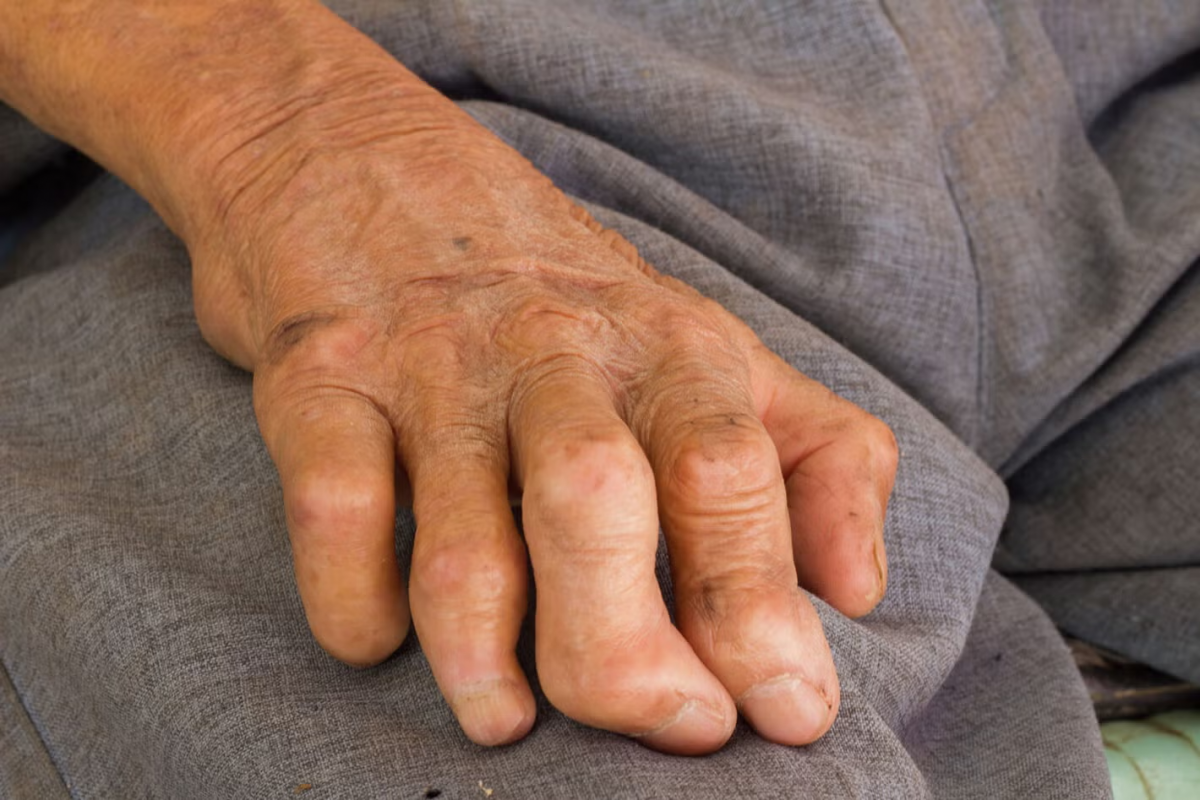World Neglected Tropical Diseases Day: The Urgency to Act [1]

On the occasion of World Neglected Tropical Diseases (NTD) Day, the Pan American Health Organization (PAHO) has called for increased efforts to eliminate these disease [4]s, which affect more than 50 million people in the Region of the Americas.
Leprosy, dengue, Chagas disease, leishmaniasis, rabies, scabies, schistosomiasis, and trachoma are among the more than 20 diseases that primarily impact vulnerable populations with limited access to safe water, basic sanitation, and healthcare services.
“Addressing this group of diseases requires a comprehensive and multifaceted approach,” PAHO Director, Dr. Jarbas Barbosa said. He emphasized the importance of implementing strategies such as surveillance, mass drug administration, expanded vaccination coverage, vector control, and increased awareness and education.
Historically, these diseases have had limited presence on the global public health agenda, receiving little attention and funding. However, in recent years, NTDs have gained greater visibility due to various strategies, such as PAHO’s Disease Elimination Initiative, which aims to eliminate more than 30 communicable diseases and related conditions by 2030 [5], including twelve from the NTD group.
As of December 2024, 54 countries worldwide had eliminated at least one NTD. In the Americas, 11 countries have achieved at least one elimination target. In 2024, Brazil eliminated lymphatic filariasis as a public health problem. Other notable achievements include the elimination of onchocerciasis in Colombia (2013), Ecuador (2014), Guatemala (2016), and Mexico (2015). In 2017, Mexico eliminated trachoma as a public health problem, and in 2019, it became the first country in the world to eliminate human rabies transmitted by dogs. These advances reflect the impact of joint efforts by governments, communities, civil society, and cooperation agencies.
World Neglected Tropical Diseases Day is observed on January 30. This year’s theme, “Acting Together. Putting Communities at the Heart of the Fight Against NTDs,” highlights the importance of amplifying community voices, strengthening their capacities, and ensuring people are at the center of actions while respecting their ways of life to ensure the sustainability of these efforts.







